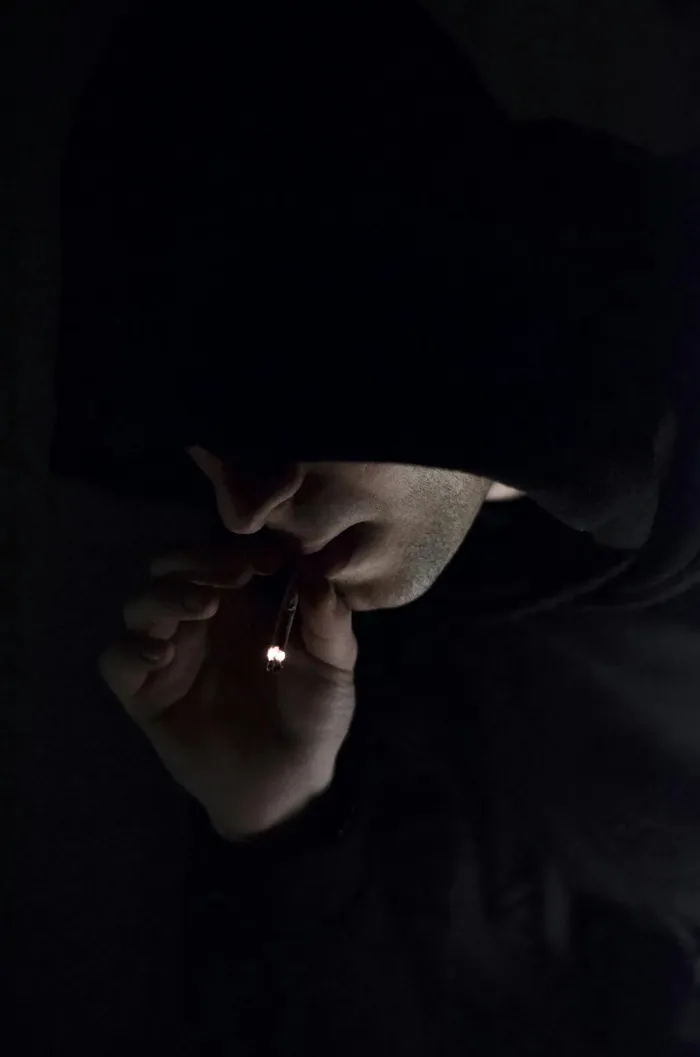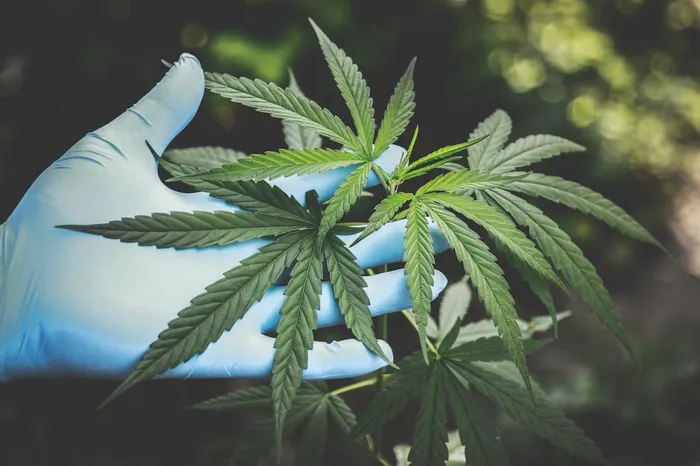
Many individuals using cannabis as a self-soothing mechanism tend to consume higher quantities and more potent strains.
Image: Julia Sakelli/Pexels
For years, cannabis has been embraced as a stress reliever, a pain aid, and for some, even a wellness ritual. It’s often described as “natural” and “safe”, especially compared to alcohol or harder drugs.
However, new research is questioning this belief. It has found a concerning connection between cannabis use, paranoia and mental health, especially for people who have experienced childhood trauma.
According to a large-scale survey conducted by the World Mental Health Survey Consortium, around seventy percent of adults report experiencing trauma at least once in their lives.
This trauma can stem from various devastating events, including witnessing a loved one's death, enduring physical violence, or surviving life-threatening situations. However, trauma is a subjective experience; what is traumatic for one person may not hold the same weight for another, depending on individual coping mechanisms and personal context.
Trauma, cannabis and paranoia
A large-scale study led by King’s College London and the University of Bath has put paranoia back in the spotlight.
Using data from more than 3,389 adults in the Cannabis & Me survey, scientists found a clear trend: people who used cannabis to self-medicate for anxiety, depression, or pain consumed significantly higher levels of THC (the main psychoactive compound in cannabis) and reported more intense paranoia than those who used it recreationally.
The results are concerning. Over half of the people surveyed, 52% reported childhood trauma, such as emotional abuse, physical violence, or family problems. These individuals had higher paranoia scores and were even more at risk when they used cannabis.
Dr Giulia Trotta, the study’s lead author, explained, “This is the first study to explore the interplay between childhood trauma, paranoia, and cannabis use among the general population. We’ve shown that trauma raises the risk of paranoia later in life and cannabis can amplify this effect, depending on the nature of that trauma.”
How does cannabis fuel paranoia?
Paranoia means having an intense fear that others want to harm you. It can be a brief thought or a strong, lasting anxiety. Many people think of it as just a "bad high", but research shows it can be much more serious.

High THC levels may exacerbate this mental state among individuals who are particularly vulnerable
Image: Aphiwat chuangchoem/Pexels
In a controlled experiment at Oxford University, volunteers given a THC dose equivalent to a strong joint showed striking results: 50% experienced paranoid thoughts, compared with just 30% in the placebo group.
Researchers linked the rise in paranoia not to memory issues, but to distorted perception and heightened anxiety.
Why does self-medicating raise the risk?
People who use cannabis to cope with problems, rather than just for fun or curiosity, often use it more often and in larger amounts.
This, experts say, sets them up for bigger problems. Professor Robin Murray, a psychiatric researcher at King’s College London, warned in an interview with "The Guardian", “Contrary to what it says on the internet, cannabis is not medicinal. It’s being handed out by private clinics for pain, anxiety, and depression, the very issues most linked with paranoia and psychosis in our research.”
This is not to say cannabis has no medical role. In the UK, for example, it can legally be prescribed for rare forms of epilepsy, chemotherapy-induced nausea, and multiple sclerosis. But outside these narrow uses, the risks often outweigh the benefits.
Medicinal cannabis is legal in South Africa. However, you can only obtain medicinal cannabis via a Section 21 application to the South African Health Products Regulatory Authority (SAHPRA).
Furthermore, it is primarily prescribed to manage chronic pain, including neuropathic pain, and chemotherapy-induced nausea and vomiting. It is also used for conditions like epilepsy, multiple sclerosis and insomnia, though evidence for some of these uses is still developing.

Establish standard “units” for THC consumption akin to alcohol measures could guide users toward safer practices.
Image: Binoid CBD/Pexels
Addiction, potency and mental health
The Royal College of Psychiatrists has also raised alarms. Dr Emily Finch, chair of its addiction faculty, stressed: “Cannabis is the most widely used illicit drug in the UK, and about a third of users develop a problem at some point.
"Daily use of high-potency cannabis is linked to anxiety, depression, lack of motivation, and a fivefold increase in the risk of psychosis, especially in adolescents.”
Cannabis today is often much stronger than it was in the past, which makes these findings even more important. When trauma, high THC levels, and mental health issues come together, the risk for paranoia and distress increases sharply.
What does this mean for an everyday user?
For anyone who uses cannabis, whether for stress, pain, or fun, the message is clear: context matters. Your reason for starting, your mental health history, and your dosage all influence how cannabis affects you.
Researchers recommend: